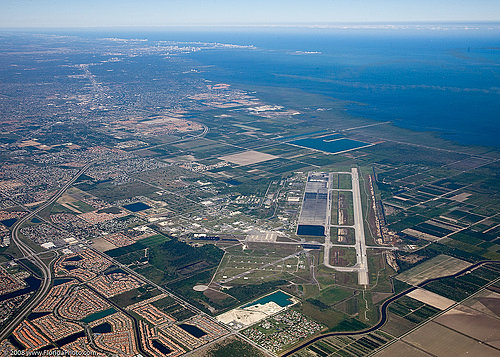Diamonds approach to the evolution of cities was very
interesting to read about. He shares
with us several reasons why a city, like the Gardar farm, can collapse while
farms next to it can prosper, like the Huls Farm. Diamonds shows us his five
point frame work and explains why certain cities dissolve. These frames are environmental
damage, climate change, hostile neighbors, friendly trade partners, and the
society's responses to its environment.
I enjoyed how Diamond shows us other reasons besides environmental causes
to how a city could be destroyed. Even though Diamond stayed optimistic throughout
his book, it is still a little sad to think that it is possible that any city
can be destroyed. These five points are great and could be very helpful on how
to prevent future city destruction. One part of the book stood out to me and it
was the way Diamond showed both sides of an environmental opinion. The “environmentalist” or “pro-environment” urged
the government to take action to obtain a sustainable lifestyle. Clearly he
states that “our current environmental problems are serious and in urgent need
of addressing, and that current rates of economic and population growth cannot
be sustained.” On the other hand we see the “non-environmentalist” or “pro-business”
think that the importance of the environment is exaggerated and that a country can
grow without the help of environment. It was weird to read that Diamond seemed
to be scolded by both environmentalist and non-environmentalist. The non-environmentalist
claim “Diamond preaches gloom and doom,” “favors endangered purple louseworts
over the need of people,” and on the other hand the environmentalist says “diamond
has sold out to big business,” “He’s in bed with big business.” After reading
this section it made me question where I stand on the environmental spectrum.
Before FGCU and this class I don’t think I was clear on what actually has to
happen for an area to be preserved, how a city could be destroyed, or how to
rebuild the land back to its old glory days. Now I can see how big of a part
the environment plays in this world. I see
every day of how FGCU isn’t leaving a carbon footprint and how I am going to be
one of those students who help out with it.
http://www.keepcalm-o-matic.co.uk/p/keep-calm-i-am-environmentalist-/

http://www.cartoonstock.com/newscartoons/cartoonists/bro/lowres/environmental-issues-environmentalist-recyclable-recycle-non_recyclable-reusable-bron3370l.jpg
 One of Chinas grass carp.
One of Chinas grass carp. 
 Family and friends at The Islander, the motel my family has been going to since my 30 year old sister was a baby!
Family and friends at The Islander, the motel my family has been going to since my 30 year old sister was a baby! Just a picture i found that i feel describes the MacIvery lives in Florida
Just a picture i found that i feel describes the MacIvery lives in Florida  this is the same map from the book.
this is the same map from the book.  This is a picture of an arial view of the Air force base in Homestead
This is a picture of an arial view of the Air force base in Homestead Michael Grunwald
Michael Grunwald